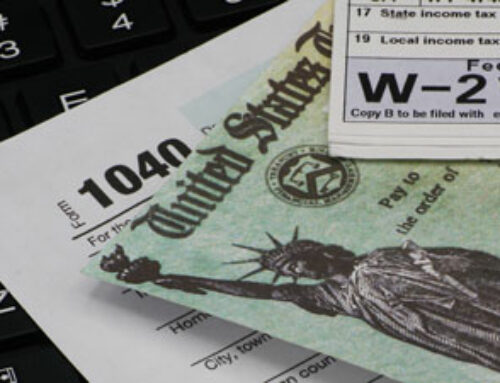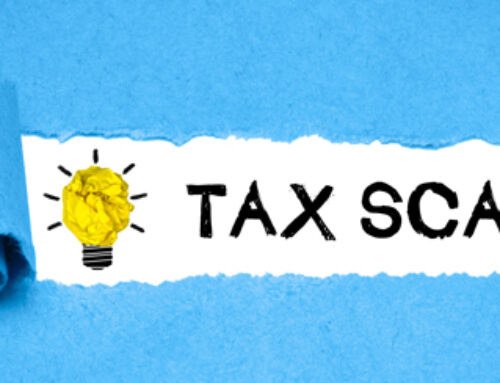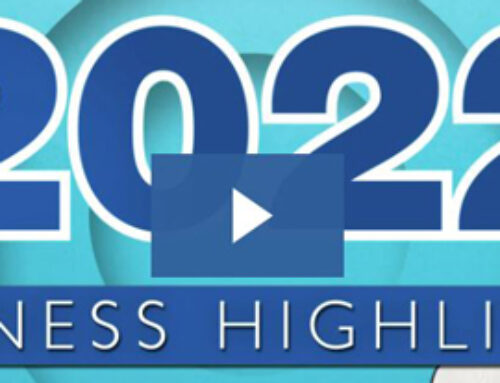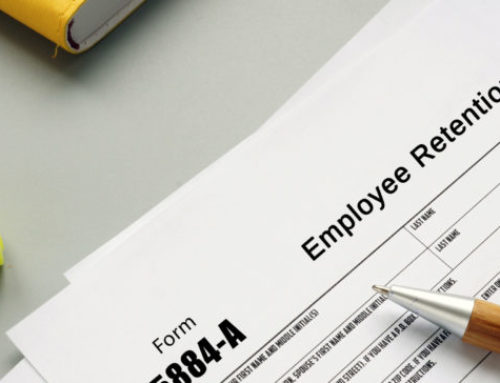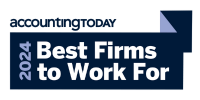PPP Round 2 – Changes, Additions & Who is Eligible
Yesterday, Congress overwhelmingly passed the latest COVID-19 relief bill. The bill contained both changes to the Paycheck Protection Program (PPP) and a second round of the Paycheck Protection Program (PPP2). It is important to keep in mind that the President has not signed the bill.
Changes to the PPP Include:
- Expenses paid with PPP funds are now tax deductible – this change applies to both rounds of the PPP.
- Economic Injury Disaster Loan (EIDL) advances no longer reduce the amount of PPP forgiveness.
- A new simplified forgiveness process for loans less than $150,000.
Second Round of PPP Funding or PPP2
- Who is eligible?
- For those that have previously received PPP funding:
- Must have 300 or fewer employees.
- Have used or will use the full amount of their first PPP loan on allowable expenses.
- Can show a 25% gross revenue decline in any quarter of 2020 compared to the same quarter in 2019.
- First-time applicants may have 500 or fewer employees and have no revenue requirement.
- For those that have previously received PPP funding:
- What costs are eligible?
- In addition to the original allowable expenses (payroll, rent, utilities, and interest), the following are allowable uses of loan proceeds:
- Worker protection and facility modification expenditures, including personal protective equipment, to comply with COVID-19 federal health and safety guidelines.
- Expenses paid to suppliers that are essential at the time of purchase to the borrower’s current operations.
- Operating costs such as software and cloud computing services and accounting needs.
- In addition to the original allowable expenses (payroll, rent, utilities, and interest), the following are allowable uses of loan proceeds:
- How much funding can be received?
- Like the first round of PPP funding, the amount received will be 2.5 times the average monthly payroll costs.
- A special provision for hotels and restaurants allows funding to be 3.5 times the average monthly payroll costs.
Other Notable Changes to Federal Loan Programs
- EIDL advances are no longer taxable, and expenses paid with those funds are tax deductible.
- SBA loan subsidies on 504 and 7a loans will not be included in taxable income, and the related interest expense will be tax deductible.
If you have questions on this or anything else, we are always here to help.


